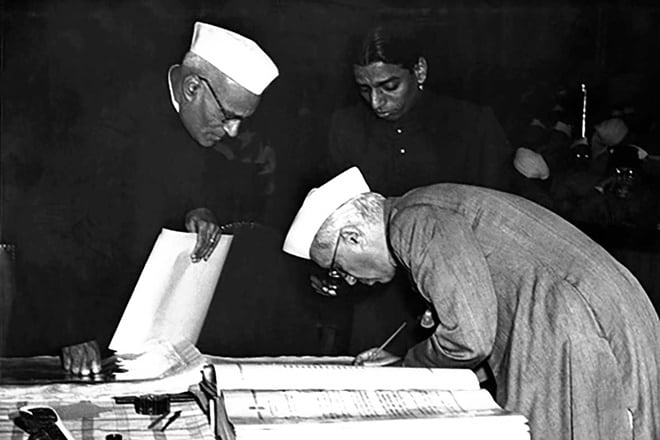
1950: The Constitution of India comes into effect
India’s first PM Jawaharlal Nehru signing the Constitution of India on January 24, 1950. The Constituent Assembly was formed on December 6, 1946, with 389 members, to draft the country’s Constitution. A drafting committee, led by Dr BR Ambedkar, finalised the draft on November 4, 1947. The Constitution was finally adopted on November 26, 1949, and it came into effect on January 26, 1950. | Photo credit: amritmahotsav.nic.in
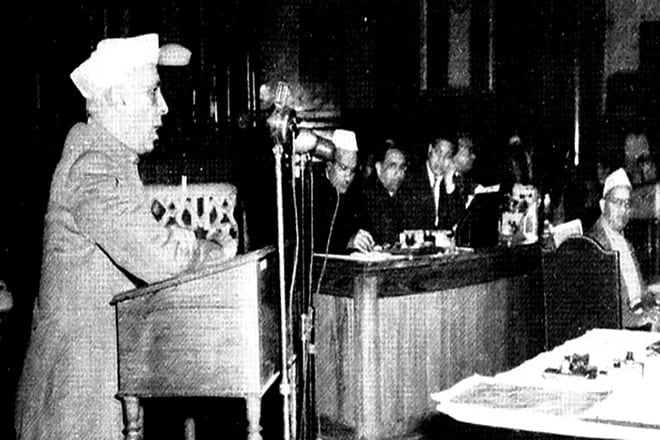
1951: Former PM Nehru introduces first amendment
In 1951, ex-PM Jawaharlal Nehru introduced the Constitution (First Amendment) Act. Key changes included limiting the freedom of speech and expression, zamindari abolition, clarifying the right to equality, addition of the Ninth Schedule, and paving the way for reservation. | Photo credit: Wikimedia Commons
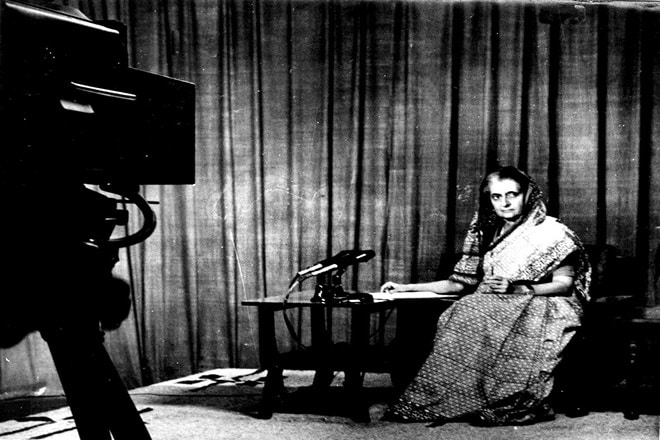
1976: Sweeping changes to the Constitution
Then PM Indira Gandhi addressing the nation from the Doordarshan studio during the Emergency (June 25, 1975 to March 21, 1977). During that time, Gandhi passed the 42nd Amendment Act of 1976 that changed the description of India, amended the Preamble, added Fundamental Duties to the Constitution, among others. The 44th Amendment Act of 1978, passed during the Morarji Desai government, reversed some changes made by the 42nd Amendment Act. | Photo credit: Express Archives
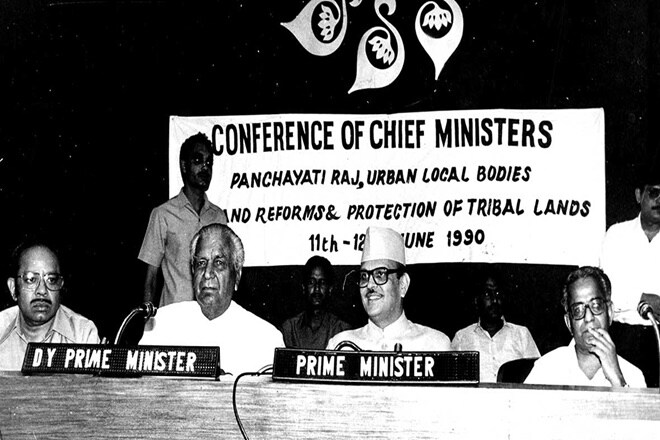
1992: Panchayati raj institutions, urban local bodies get constitutional status
Then PM VP Singh inaugurating the conference of CMs on panchayati raj, urban local bodies’ reforms and protection of tribal lands, in New Delhi on June 11, 1990. The 73rd and 74th Amendment Acts of 1992 are crucial, as they granted constitutional status to Panchayati Raj institutions and urban local bodies. They added new parts and schedules to the Constitution to empower local governance, ensuring democratic participation and decentralisation of power. | Photo credit: Express Archives
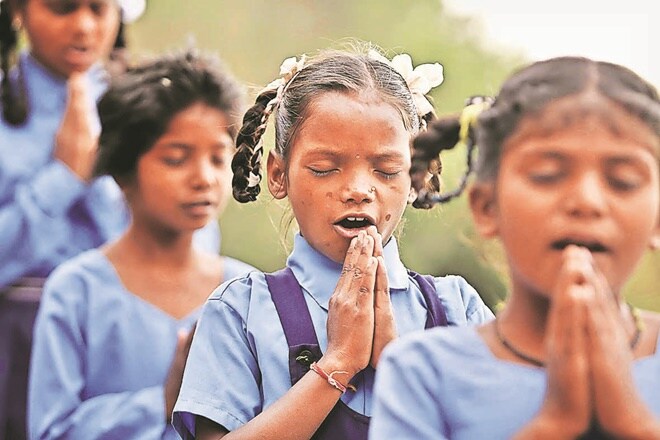
2002: Elementary education a fundamental right
Underprivileged children at then UP CM Akhilesh Yadav’s official residence for felicitation in Lucknow on the occasion of Malala Day (July 12, 2016). The children belonged to 16 districts of the state who got admission in prestigious schools under the Right to Education Act, 2009. Through the 86th Amendment Act of 2002, Article 21-A was introduced making elementary education a fundamental right. | Photo credit: Express photo by Vishal Srivastav
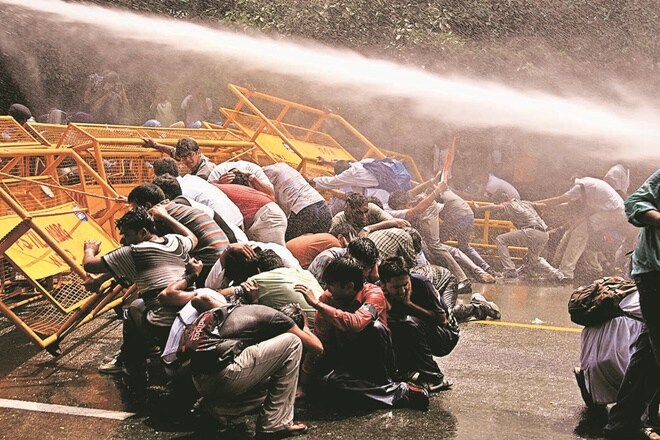
2005: 27% reservation for OBCs
Doctors’ associations and medical students protesting against the Centre’s decision to implement the Other Backward Classes (OBC) quota at the postgraduate level, in New Delhi on August 24, 2006. The Constitution (93rd Amendment) Act of 2005 was introduced by the first Manmohan Singh government, granting 27% reservation for OBCs in all Central government institutions. | Photo credit: Express photo by Partha Paul
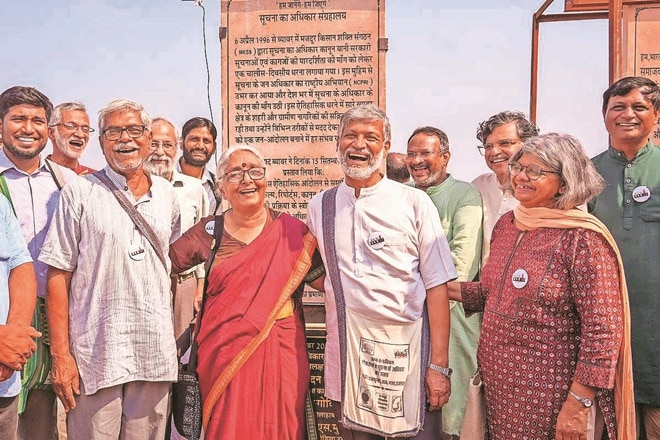
2005: RTI and Article 19(1)
Aruna Roy, a social activist and president of the National Federation of Indian Women, with former Supreme Court judge Madan Lokur, social activist Nikhil Dey and others during the foundation stone-laying ceremony of the Right to Information (RTI) Museum on October 20, 2024, in Beawar, Rajasthan. Beawar is referred to as ‘RTI ki Janmabhoomi’ because it pioneered the movement by demonstrating a massive protest in April 1996. The RTI Act was enacted in 2005 (on the basis of Article 19(1) of the Constitution). | Photo credit: PTI
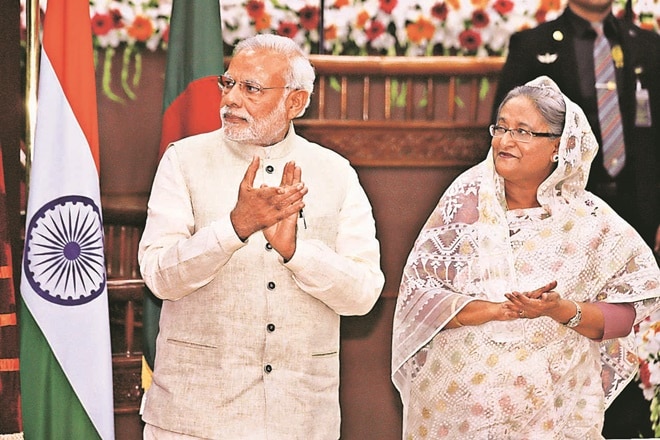
2015: Amendment ratifies India-Bangladesh land boundary agreement
PM Narendra Modi and his then Bangladeshi counterpart Sheikh Hasina during the signing of a deal on June 6, 2015, to enable people living in border enclaves to decide their nationality. The Constitution (One Hundredth Amendment) Act of 2015 was passed to implement the Land Boundary Agreement signed between the two nations in 1974. | Photo credit: PTI
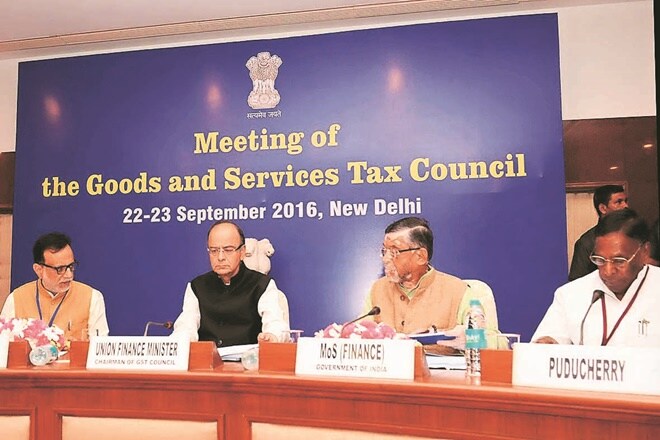
2016: Amendment introduces GST
Then finance minister Arun Jaitly chairing the first meeting of the GST Council, on September 22, 2016. The 101st Amendment Act, 2016 introduced a national Goods and Services Tax (GST) to replace all indirect taxes levied on goods and services by the Central and state governments. | Photo credit: X/@arunjaitley
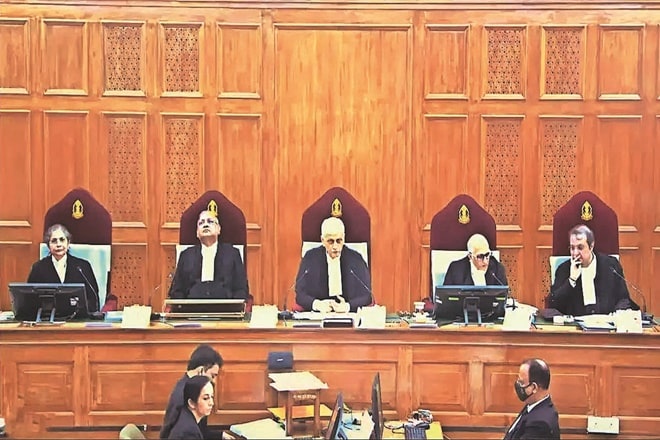
2019: Amendment for 10% EWS reservation
A five-judge Bench of the SC headed by Chief Justice UU Lalit upholds the validity of the Constitution (One Hundred and Third Amendment) Act, 2019, which introduced a 10% reservation for Economically Weaker Sections (EWS) in Central government jobs and educational institutions (government and private; exception: minority institutions). | Photo credit: Screenshot of virtual court proceeding
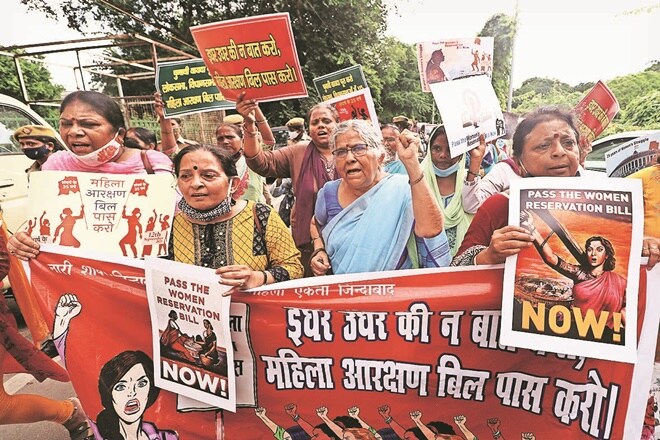
2023: Amendment for women reservation
All India Democratic Women’s Association (AIDWA) workers holding a rally to demand the passing of the Women’s Reservation Bill, in Lucknow. The Constitution (106th Amendment) Act, 2023 paved way for the Women’s Reservation Act, 2023, reserving one-third of seats in Parliament, Assemblies of state and NCT of Delhi for women. | Photo credit: Express photo by Vishal Srivastav
